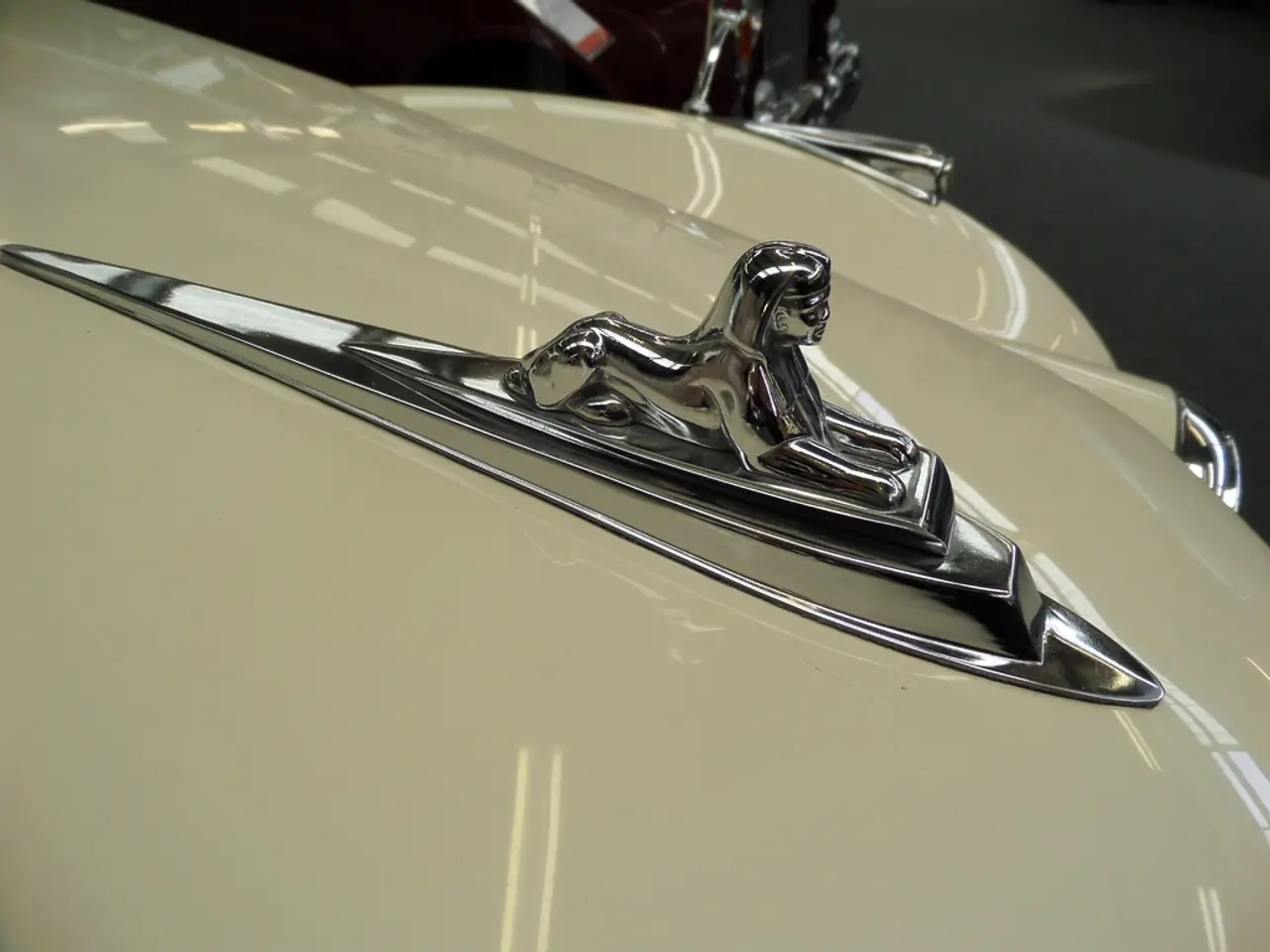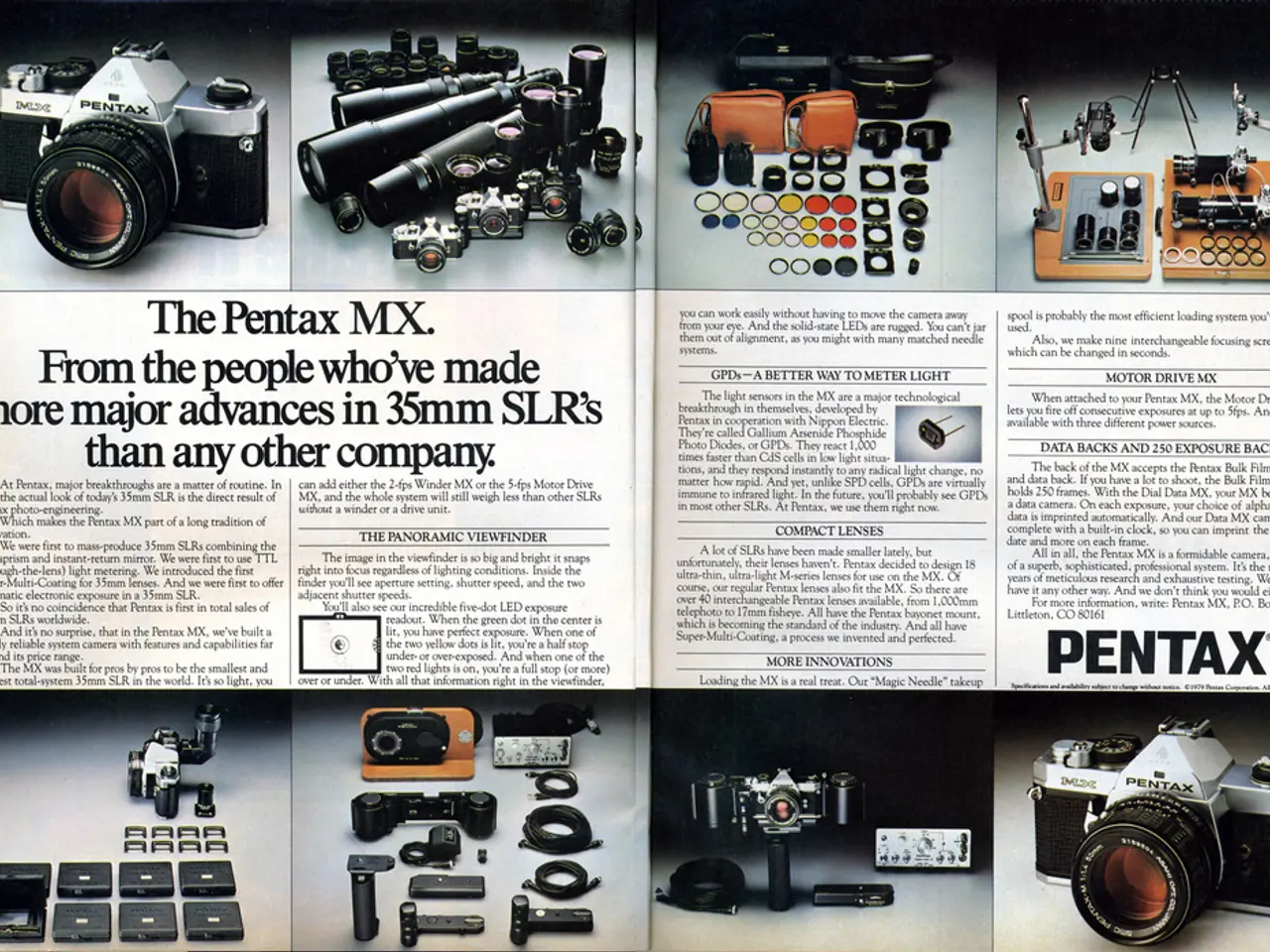Tesla outperforms imported car sales in South Korea for the first time, achieved through the debut of the new Model Y
Tesla Dominates South Korea's Car Market with Model Y
Tesla has made a significant mark in South Korea's car market, selling 6,570 vehicles in May 2025, making it the top-selling imported car brand in the country for the first time since its entry. The key driver of this success is the Model Y, which has become more than just the best-selling electric vehicle (EV) in South Korea, but the best-selling imported car overall.
The Model Y's sales performance in South Korea is impressive, accounting for 94.9% of Tesla's total sales in the country. In comparison, the next most popular car in South Korea, the Mercedes-Benz E-Class, sold 6,415 vehicles in May 2025, but could only manage 2,317 sales against the Model Y. This means the Model Y's performance was more than two and a half times that of the Mercedes-Benz E-Class.
Tesla's growth in South Korea's imported car market is primarily due to the strong sales performance of the refreshed Model Y. The vehicle, which is manufactured in China using LFP batteries, offers a balance of affordability, performance, and range that appeals to South Korean consumers. Tesla's strategic supply release of refreshed Model Y vehicles aligned well with consumer demand, driving a sales surge and renewed market dominance.
Other factors contributing to Tesla's success in South Korea include the expansion of compatible fast-charging networks, Tesla’s North American Charging Standard (NACS), which has improved ownership convenience and customer confidence. Additionally, Tesla's established brand presence and perceived leadership in EV technology sustain demand, despite subsidy reductions by the South Korean government.
However, Tesla's growth story in Europe is a different narrative. The company's sales have been declining due to intense local competition from European EV makers, diminishing government EV incentives, and negative consumer sentiment linked to CEO Elon Musk's political activities. Year-to-date, Tesla sales in Germany are down 75%, and registrations dropped by 77% year-over-year in May. Similar declines have been recorded in countries like Sweden, Portugal, and Spain.
Despite these challenges, Tesla continues to make strides in other markets. The new Model Y has also been a primary driver of Tesla's surge in sales in Australia, recording Tesla's strongest sales month in the country in nearly a year. The Model Y's success in South Korea has also contributed to a significant increase in the number of EVs in the country's imported car market. In May 2025, electric vehicles made up 33.8% of South Korea's imported car market, a 62.2% increase compared to the same period last year.
Sources:
[1] Electrek (2025). Tesla's growth in South Korea vs. decline in Europe: What's driving the contrast? [online] Available at: https://electrek.co/2025/06/01/teslas-growth-in-south-korea-vs-decline-in-europe-whats-driving-the-contrast/
[2] Green Car Reports (2025). Tesla Model Y dominates South Korea's imported car market in May 2025. [online] Available at: https://www.greencarreports.com/news/1137688_tesla-model-y-dominates-south-koreas-imported-car-market-in-may-2025
[3] Tesmanian (2025). Tesla Model Y "Juniper" variant: Features, Specs, and Release Date. [online] Available at: https://www.tesmanian.com/tesla-model-y-juniper-variant-features-specs-release-date/
[4] Electrive (2025). Tesla's Model Y takes over South Korea's EV market. [online] Available at: https://electrive.com/2025/06/02/teslas-model-y-takes-over-south-koreas-ev-market/
- The success of Tesla in South Korea's car market is not limited to electric vehicles, as the Model Y has become the best-selling imported car overall.
- The strong sales performance of the Model Y in South Korea is beneficial for the widespread adoption of electric vehicles in the country, with electric vehicles making up 33.8% of South Korea's imported car market in May 2025.
- The Asian gadgets and technology market, particularly in South Korea, is impacted by the popularity of Tesla's electric vehicles, like the Model Y, which showcases the potential fusion of automotive and technology industries.
- Despite Tesla's growth in South Korea, competition from European electric vehicle manufacturers and diminishing government incentives pose a challenge in expanding Tesla's market share in Europe, specifically Germany, where Tesla sales have declined significantly.




